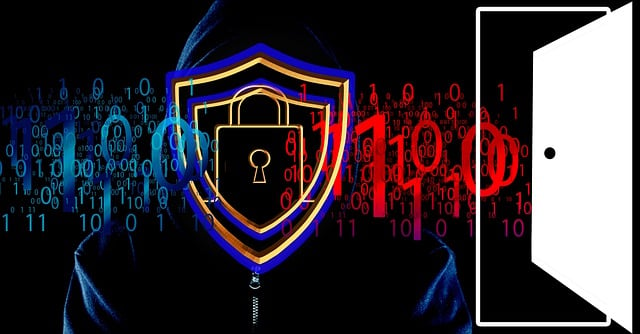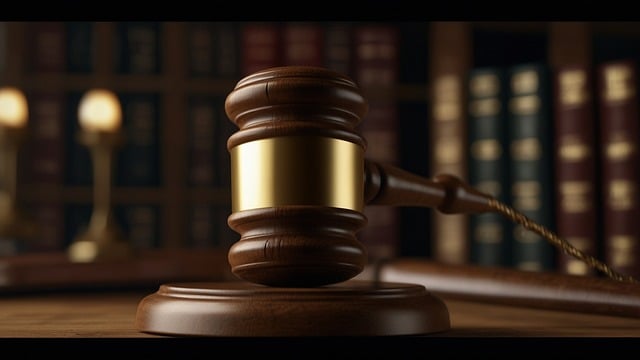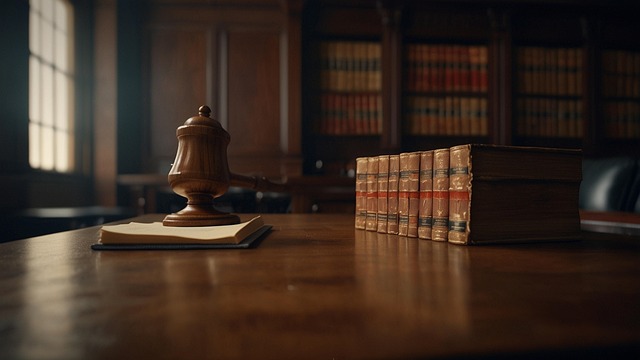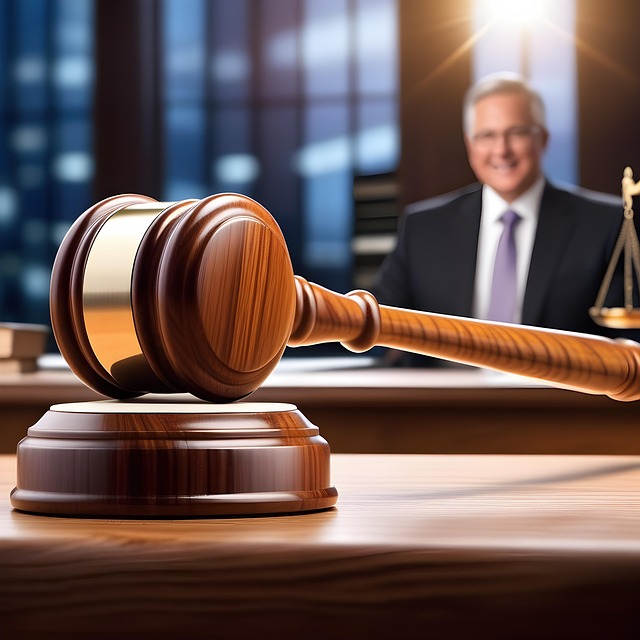Understanding your rights in criminal proceedings is vital for fairness. Legal representation ensures access to experts who navigate complex laws, challenge evidence, and protect constitutional rights. Skilled lawyers interpret laws, identify loopholes, advocate for clients, and ensure active participation in defenses. Their criminal proceedings expertise is crucial for navigating intricate legal processes, avoiding mistakes, and securing fair treatment within the justice system.
“Unraveling the intricacies of the criminal defense system, this article delves into the fundamental rights and crucial role of legal representation for those facing criminal charges. From understanding one’s rights to navigating complex legal systems, effective legal representation is pivotal in ensuring fair trials and justice.
Explore the key aspects, including the importance of expertise in criminal proceedings, empowering accused individuals through knowledge, and the overall impact on their defense strategies.”
- Understanding Criminal Defense Rights
- The Role of Legal Representation
- Expertise in Criminal Proceedings
- Ensuring Fair Trials and Justice
- Navigating Complex Legal Systems
- Empowering Accused Through Knowledge
Understanding Criminal Defense Rights

Understanding one’s rights within criminal proceedings is paramount for ensuring a fair and just process. Every individual accused of a crime is entitled to legal representation, which serves as a cornerstone of the criminal defense system. This right guarantees that those facing charges have access to expertise in navigating complex laws and procedures, allowing them to mount an effective defense.
Legal representation provides various protections, including the ability to challenge evidence, cross-examine witnesses, and assert constitutional rights. Skilled legal professionals possess the knowledge and experience to interpret laws, identify potential loopholes, and advocate for their clients’ best interests. Understanding these rights empowers individuals to actively participate in their defense, ensuring that their criminal proceedings are conducted fairly and with due process.
The Role of Legal Representation

Legal representation plays a pivotal role in ensuring fairness and justice within the criminal defense system. Lawyers with expertise in criminal proceedings act as powerful advocates for individuals facing charges, safeguarding their rights at every stage. Their primary responsibility is to provide competent and knowledgeable counsel, guiding clients through complex legal processes.
Through skilled negotiation, they can navigate plea bargains, challenge evidence, and construct robust defenses. This representation is vital, especially considering the intricate nature of criminal laws and procedures. Effective legal advocacy ensures that defendants are well-informed about their options, protecting them from making critical mistakes and safeguarding their constitutional rights.
Expertise in Criminal Proceedings

In any criminal defense system, ensuring competent legal representation is paramount. This involves a deep understanding and expertise in criminal proceedings, which are intricate and often complex. The lawyer’s role is to navigate these complexities, protecting the rights and interests of their client. They must possess the knowledge to handle various stages of the process, from initial investigations to trials, appealing verdicts if necessary.
Expertise in criminal proceedings includes recognizing potential violations of a defendant’s constitutional rights, crafting effective strategies for defense, and interpreting laws and regulations specific to criminal cases. This specialized skill set enables lawyers to provide robust legal representation, ensuring their clients receive fair treatment within the justice system.
Ensuring Fair Trials and Justice

Ensuring fair trials and justice is a cornerstone of any robust criminal defense system. This involves guaranteeing that individuals accused of crimes receive a thorough and impartial examination of their case, with an emphasis on protecting their fundamental rights. Skilled legal representatives play a pivotal role in this process by providing crucial guidance and expertise throughout criminal proceedings. They ensure that evidence is properly gathered, presented, and challenged, enabling defendants to mount a robust defense.
The presence of competent counsel also safeguards against procedural mistakes, constitutional violations, and potential biases that could compromise the integrity of the trial. By leveraging their extensive knowledge of laws and legal strategies, these professionals can navigate complex systems, advocate for their clients’ interests, and ultimately foster a more equitable pursuit of justice.
Navigating Complex Legal Systems

Navigating complex legal systems can be daunting, especially in the high-stakes environment of criminal proceedings. Those accused often face a myriad of charges and legal jargon that can seem like an impenetrable labyrinth. This is where the expertise of seasoned criminal defense attorneys becomes indispensable. They act as guides, deciphering intricate laws and regulations to ensure their clients’ rights are protected throughout the process.
With their deep understanding of criminal law, these professionals can strategically navigate court procedures, challenge evidence, and formulate robust defenses. Their experience enables them to anticipate potential pitfalls and devise creative solutions, ultimately aiming to achieve the best possible outcome for their charged individuals.
Empowering Accused Through Knowledge

Empowering accused individuals through knowledge is a fundamental aspect of ensuring fairness within the criminal defense system. By providing those facing criminal charges with a deep understanding of their rights and the legal process, they can make informed decisions about their representation. This empowers them to actively participate in their defense, ask pertinent questions, and challenge any potential infringements on their rights during criminal proceedings.
Access to information equips accused individuals to effectively communicate their version of events to their legal representatives, enhancing the quality of expertise provided during their defense. Armed with this knowledge, they can navigate the complexities of the legal system, ensuring their best interests are protected and their rights are upheld throughout the entire process.






